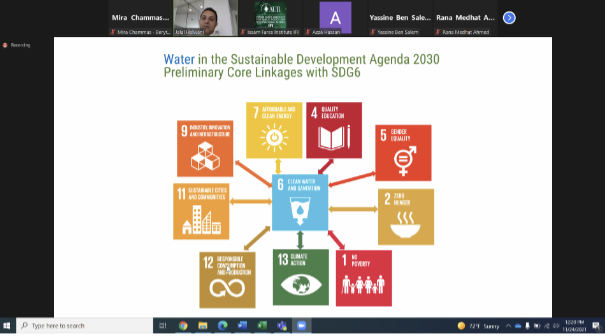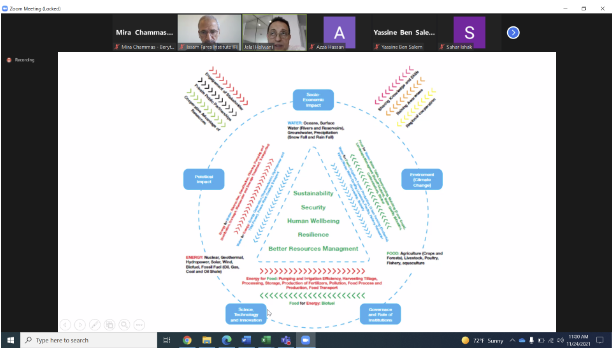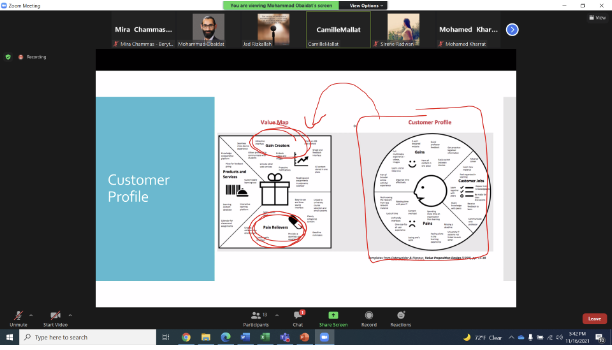NEX-LABS scouting and coaching training sessions evaluation: interactivity and knowledge sharing as success factor

The period from September 2021 to February 2022 has been characterized by an intense training and coaching activity for the NEX-LABS project partners.
In fact, 3 specific trainings for Technology Transfer Offices, SMEs and Public Authorities and one coaching program for entrepreneurs from 4 Mediterranean countries including Lebanon, Jordan, Tunisia and Egypt have been launched and delivered.
The main objective of this activity was to do capacity building for the different stakeholder groups involved in the Water-Energy-Food NEXUS and equip them with technical and strategic thinking skills needed to integrate NEXUS challenges and opportunities in their business model and policy frameworks using an open innovation approach.

This activity has grown the community of NEXUS experts and practitioners, fostered collaboration between the private, public sectors and academia and improved community awareness on the region’s NEXUS needs.
Trainings topics included:
- learning about continuous technology surveillance and technology foresight;
- creativity, analysis, internal/external identification, analysis of problems/opportunities,
- selection of ideas, efficient control of projects portfolio;
- enhancement of own technologies as well as protection/better exploitation of research results;
- find best option for sale, license or commercialization agreements of developed technologies/methodologies, products or services related to NEXUS challenges following RRI approach.
The training programs have been open for an average of 28 participants each but they have been extremely successful, with a total of over 360 applications.

Participants who attended the trainings and coaching have filled in a survey that will help the NEX-LABS to improve next events of this type.
In particular what has been mainly appreciated was the support provided by the implementing partners, and the contents presented met the expectations from participants.
During to current COVID situation, the trainings have been conducted virtually, while participants declared to prefer to have face-to-face meetings for further trainings. The diversification of trainers have been particularly appreciated.
As main areas for improvements, the following points have been considered important:
- Introduce some concrete examples and business case study in the entire process
- Design the sessions to be more interactive
- Add some further elements in the program such as: management and coordination skills, access to funding, market analysis and prototyping










